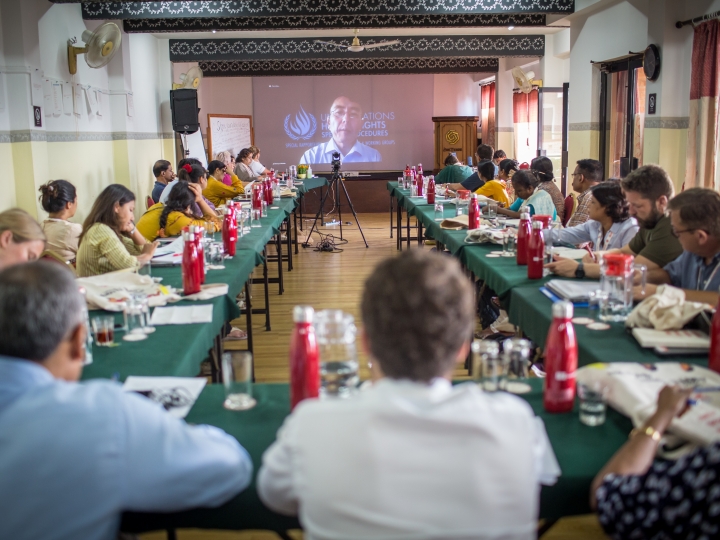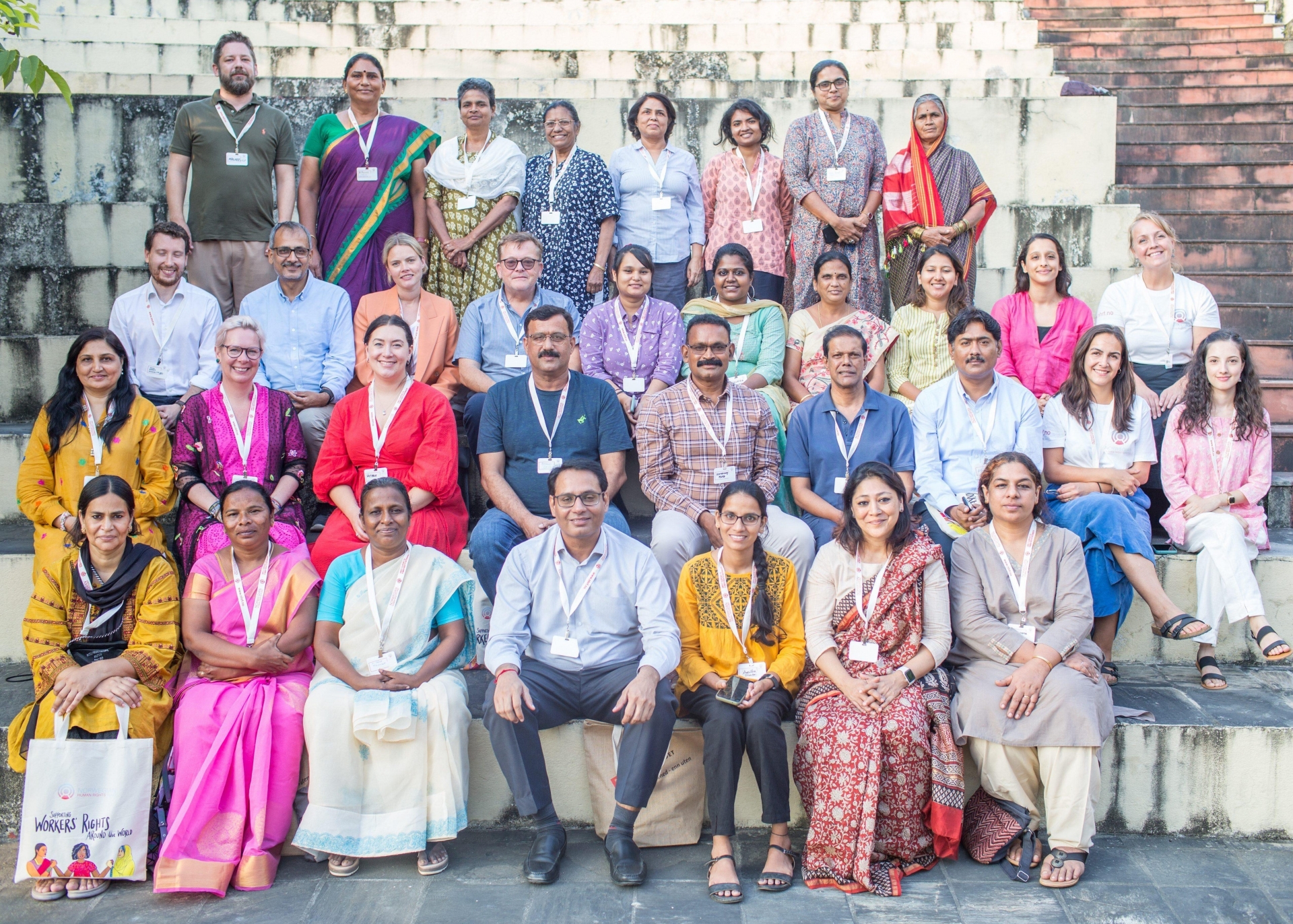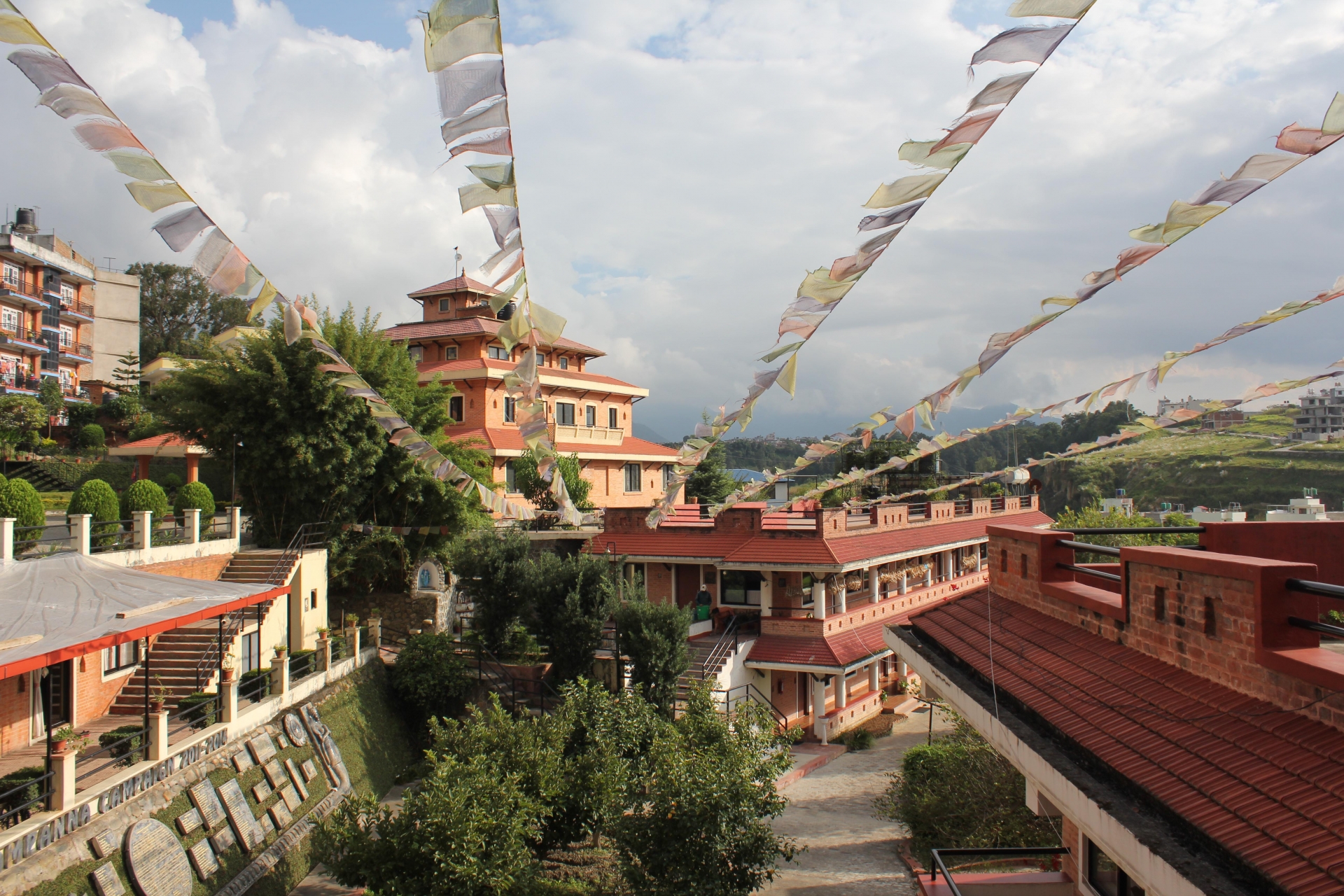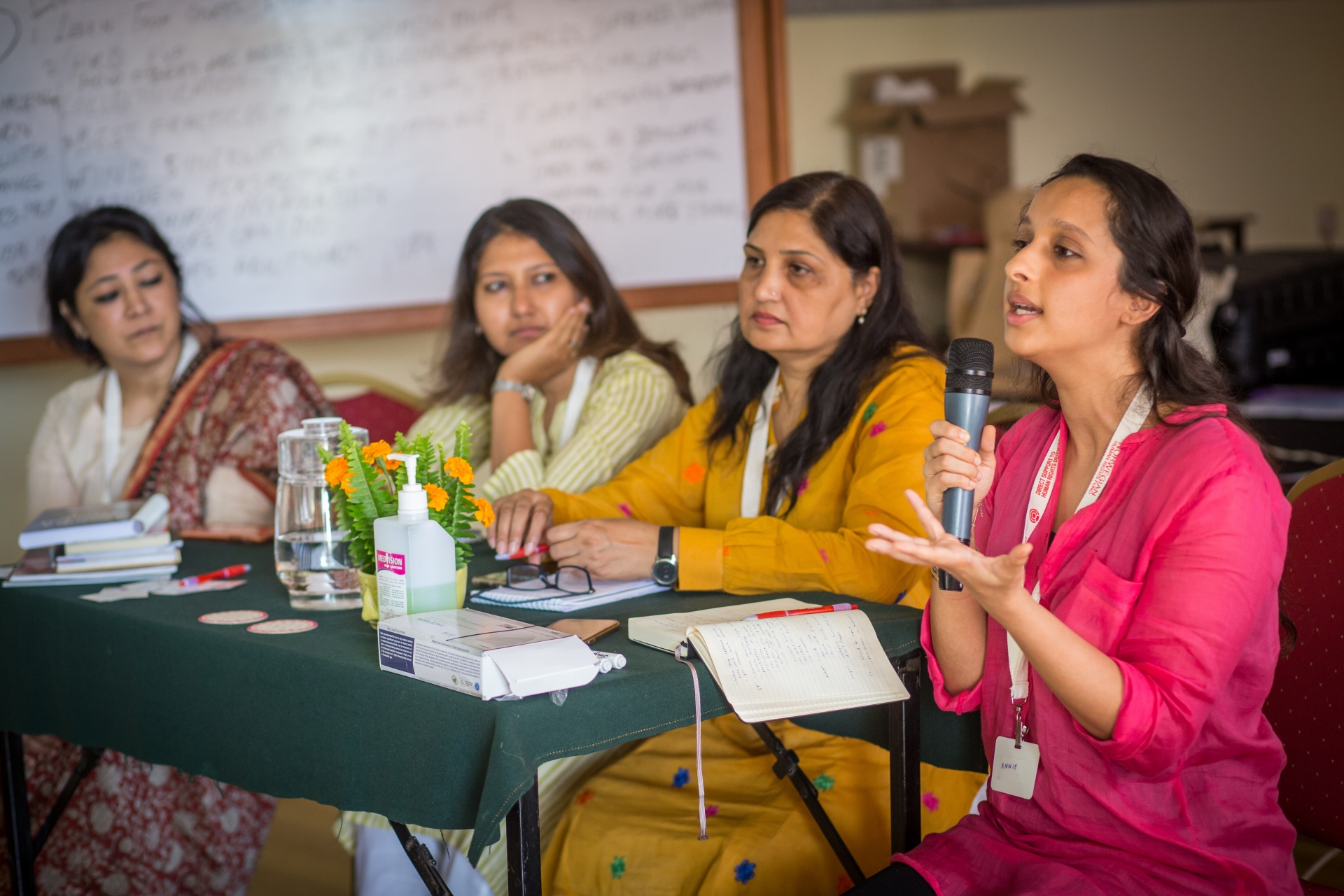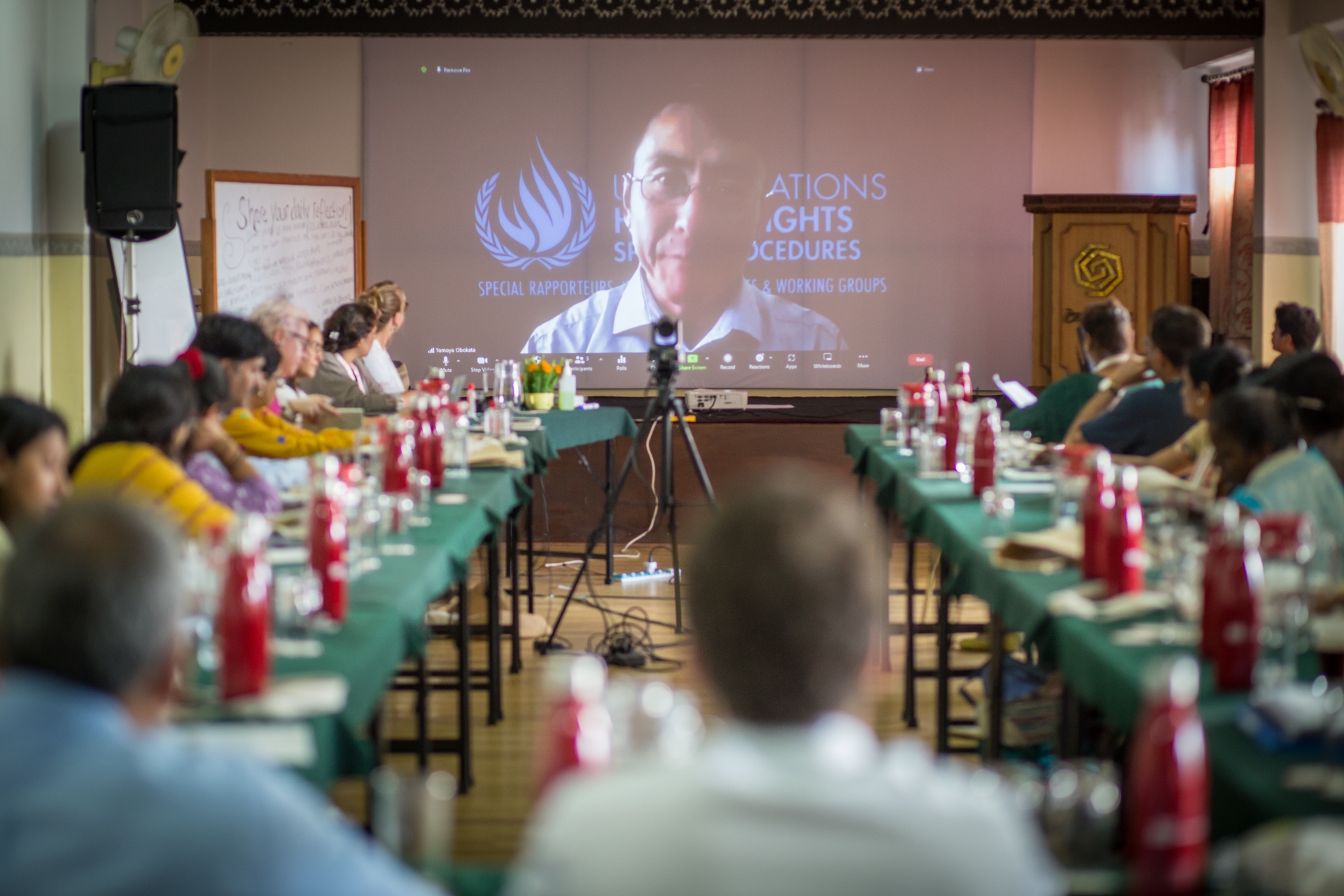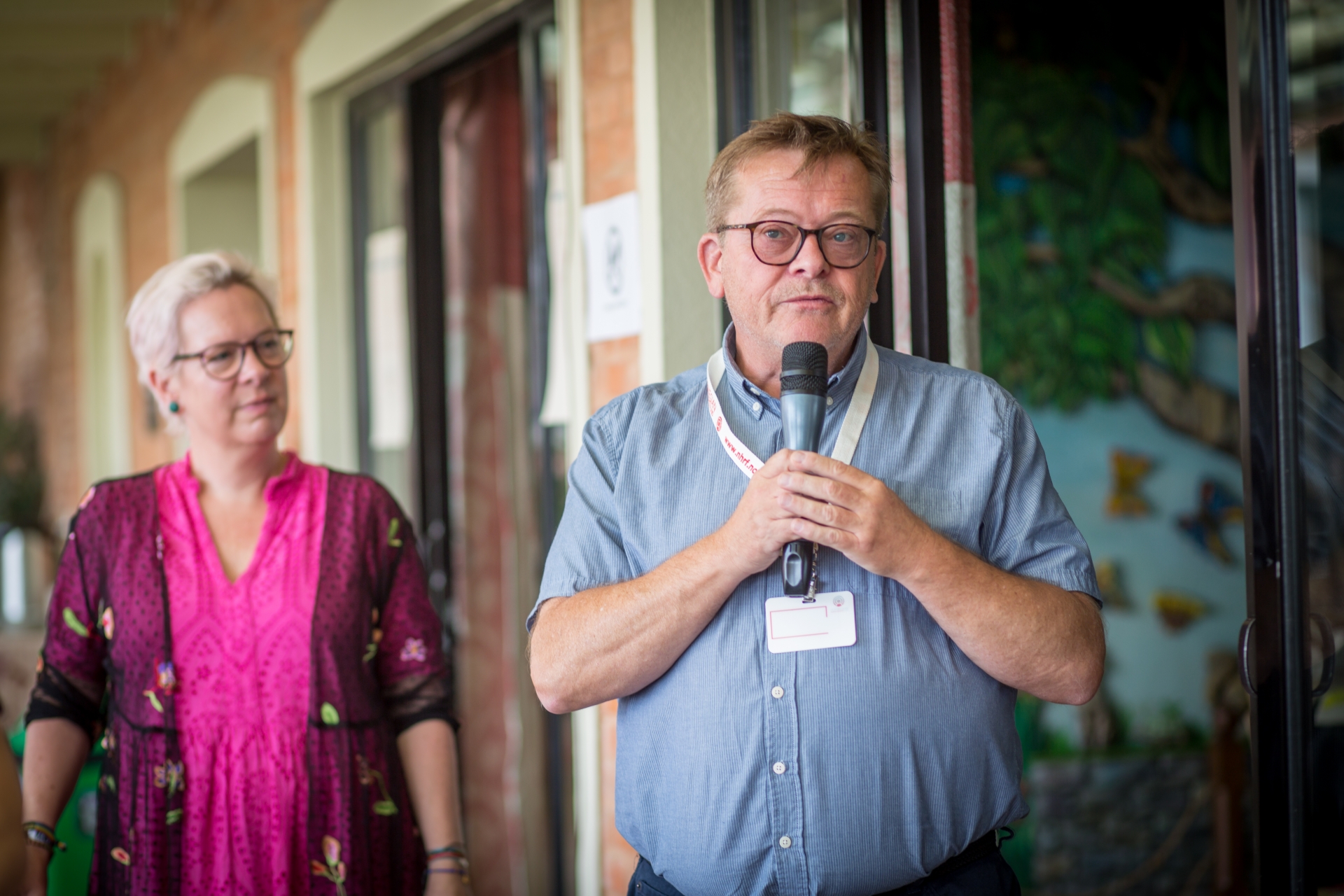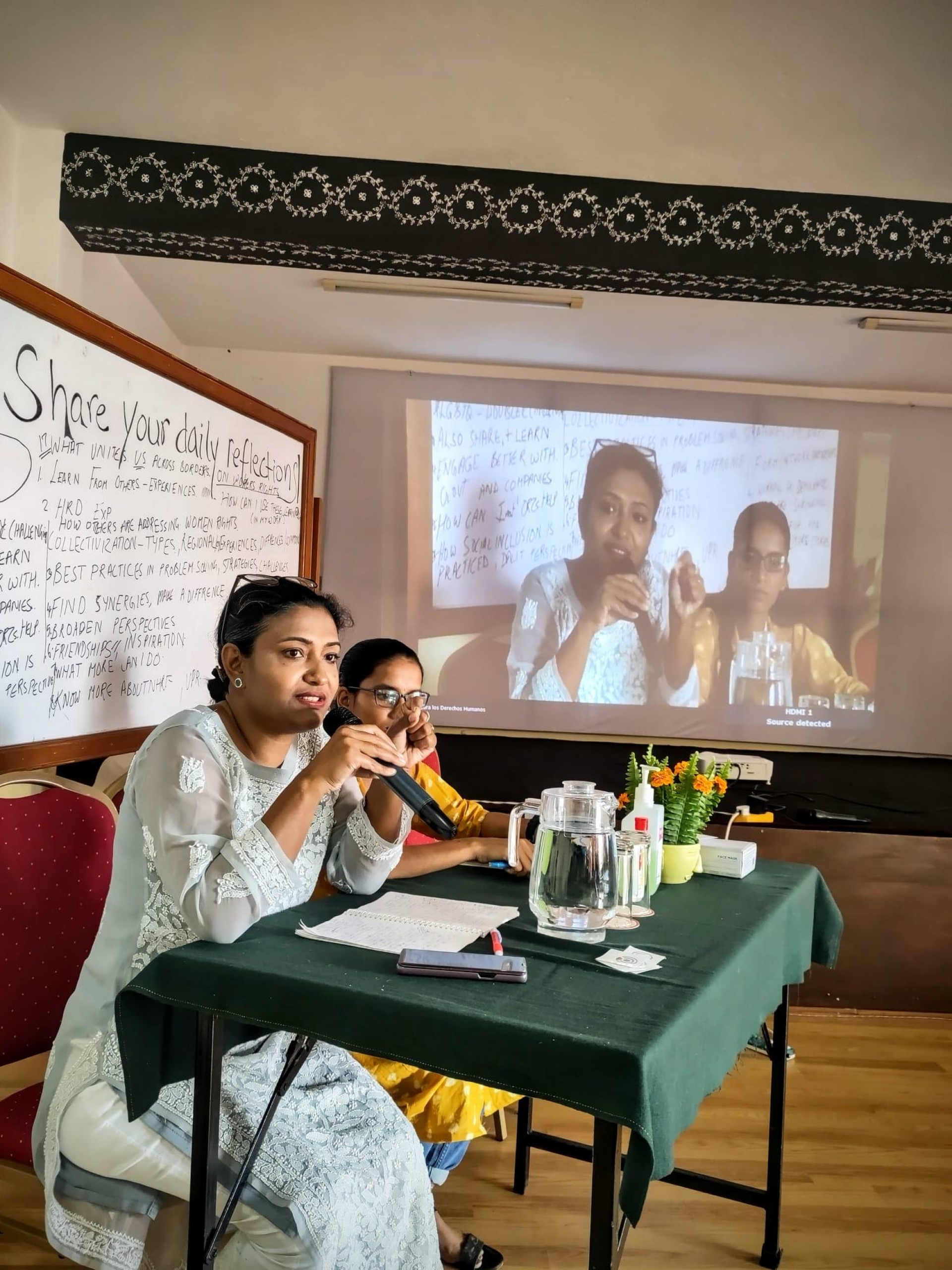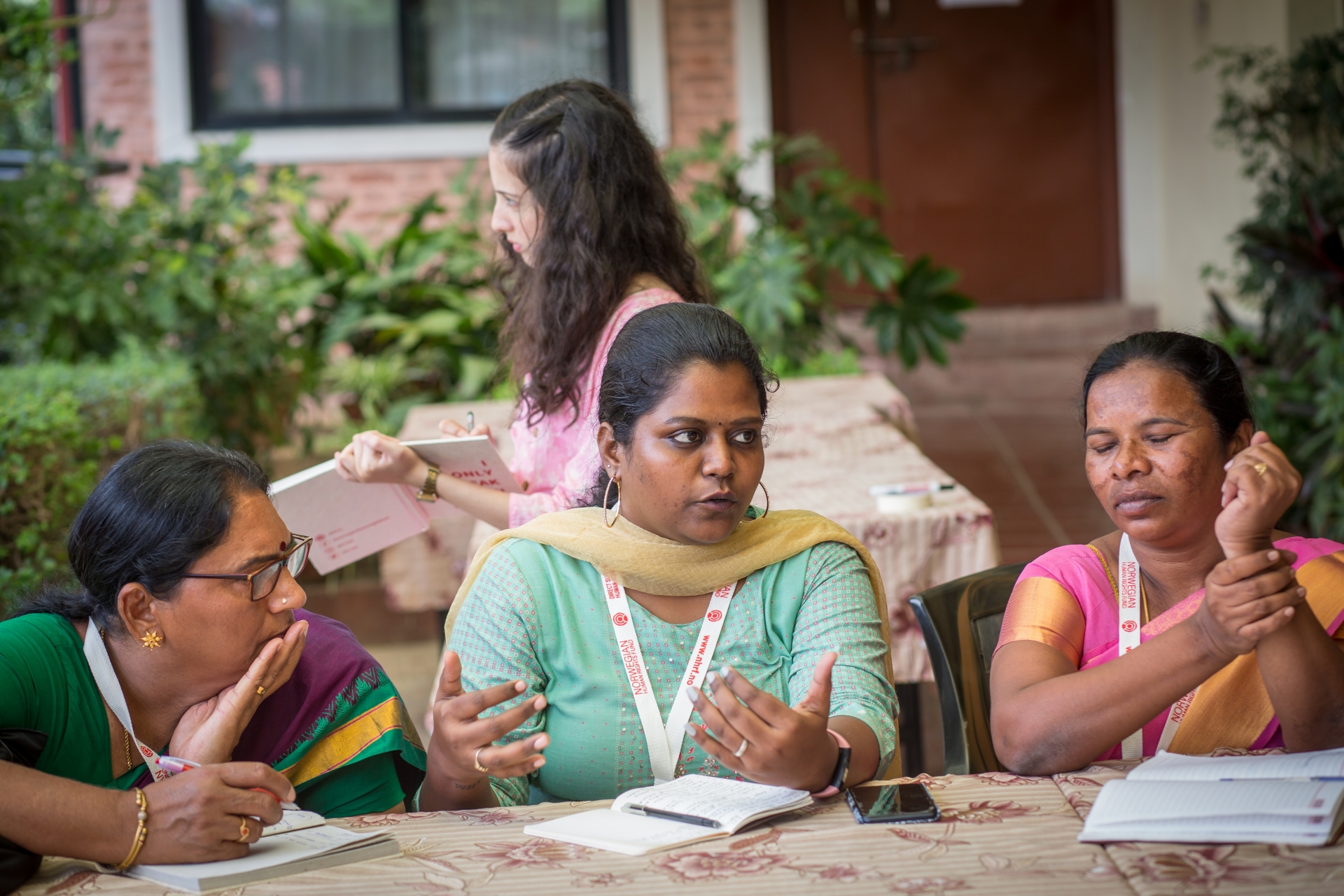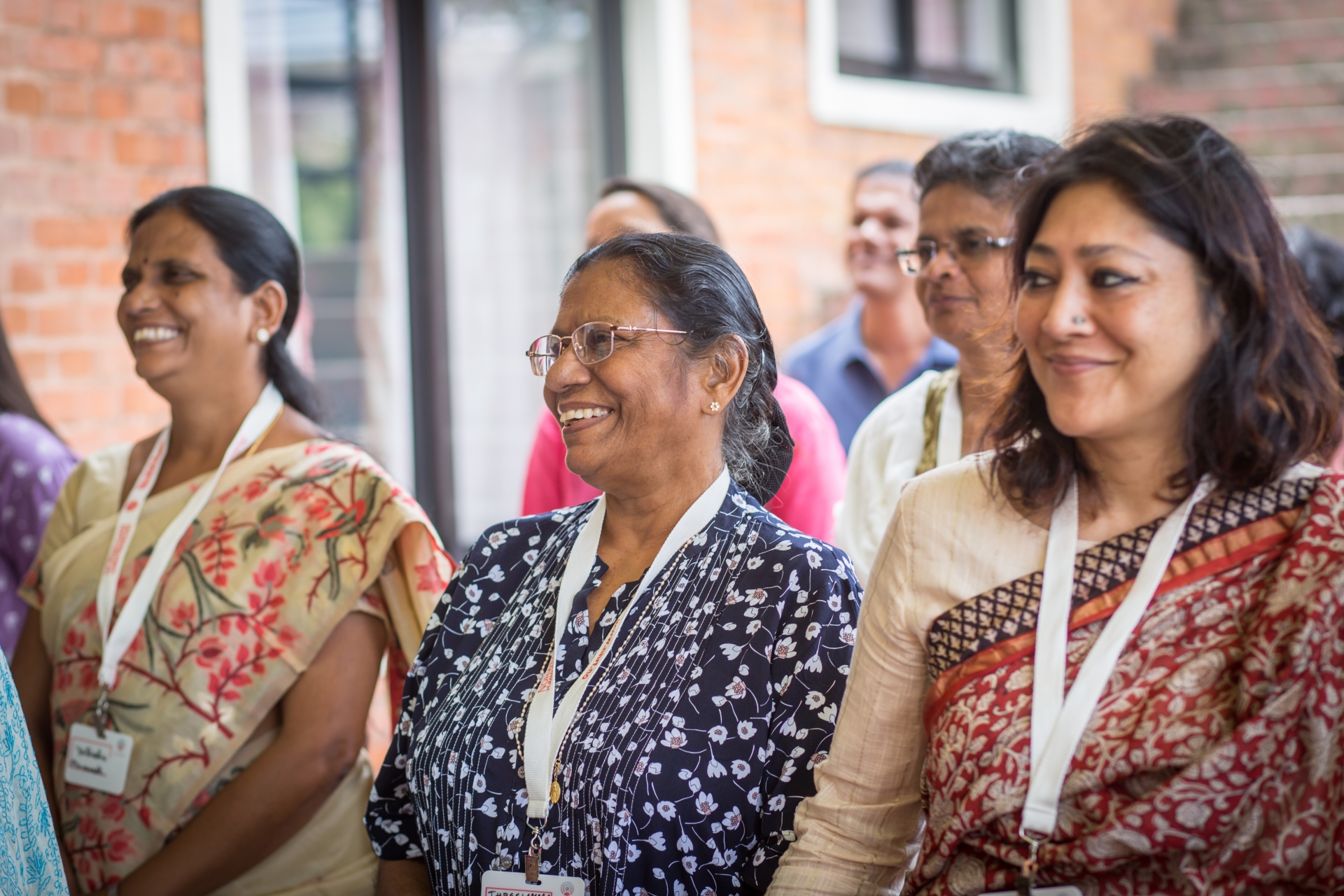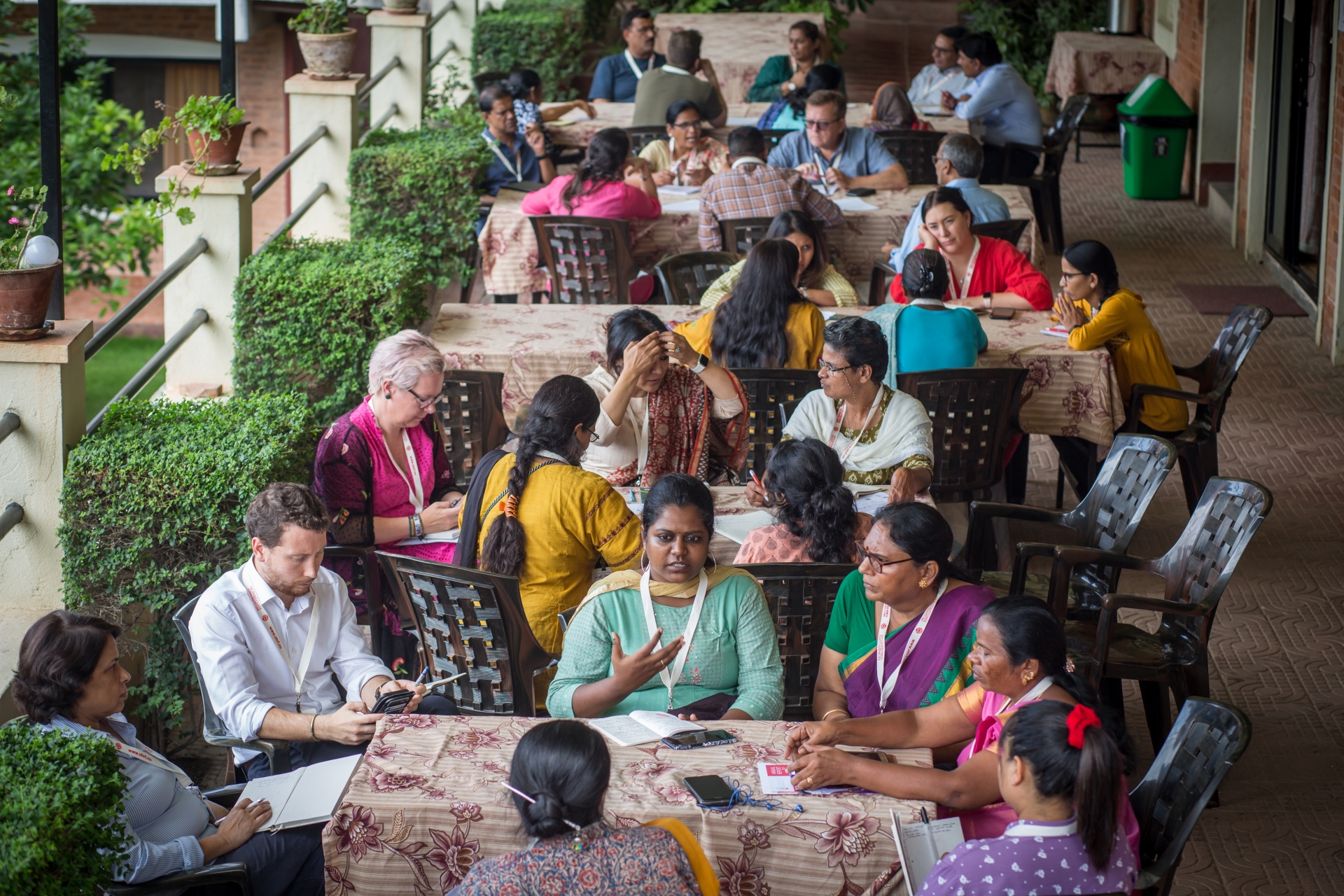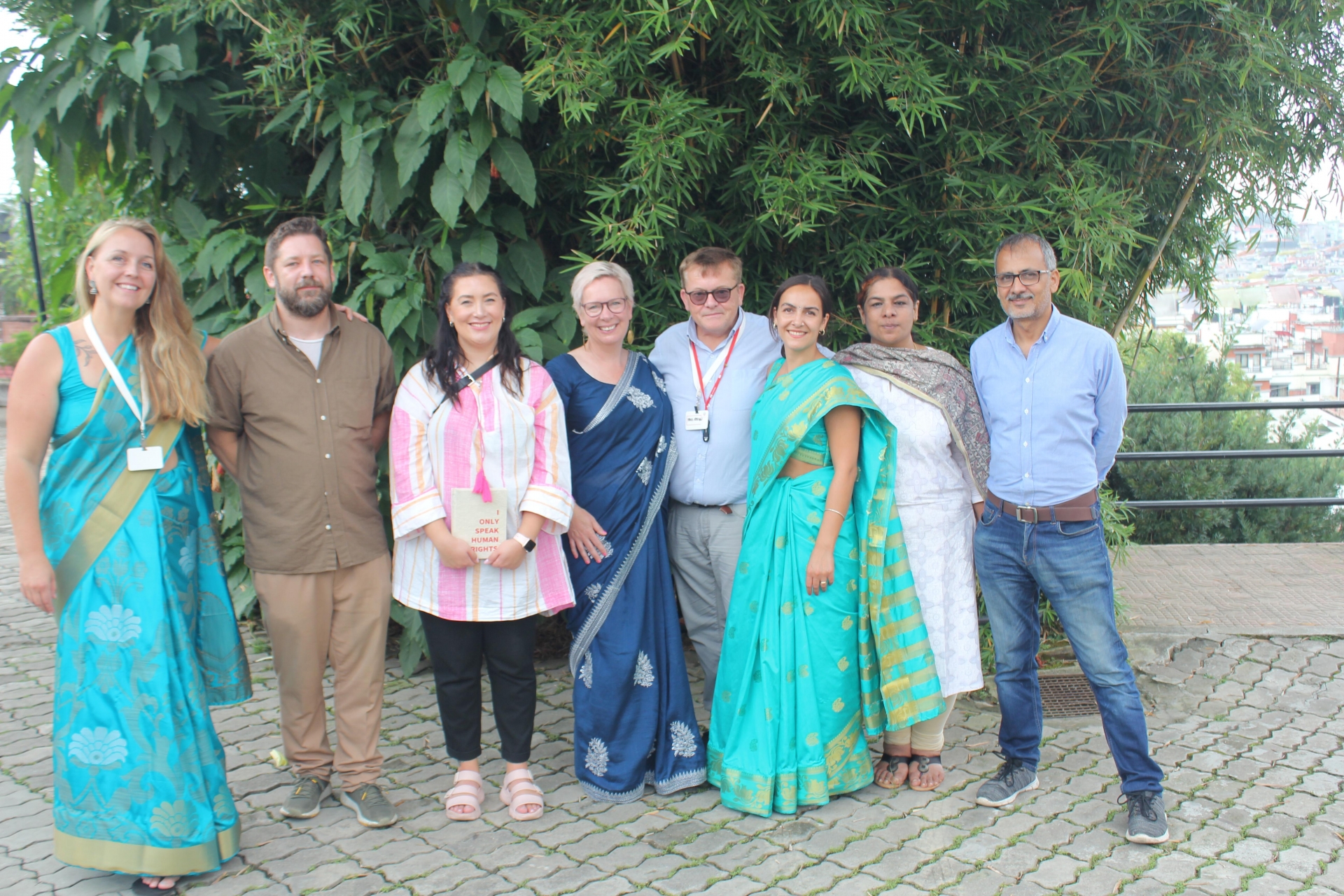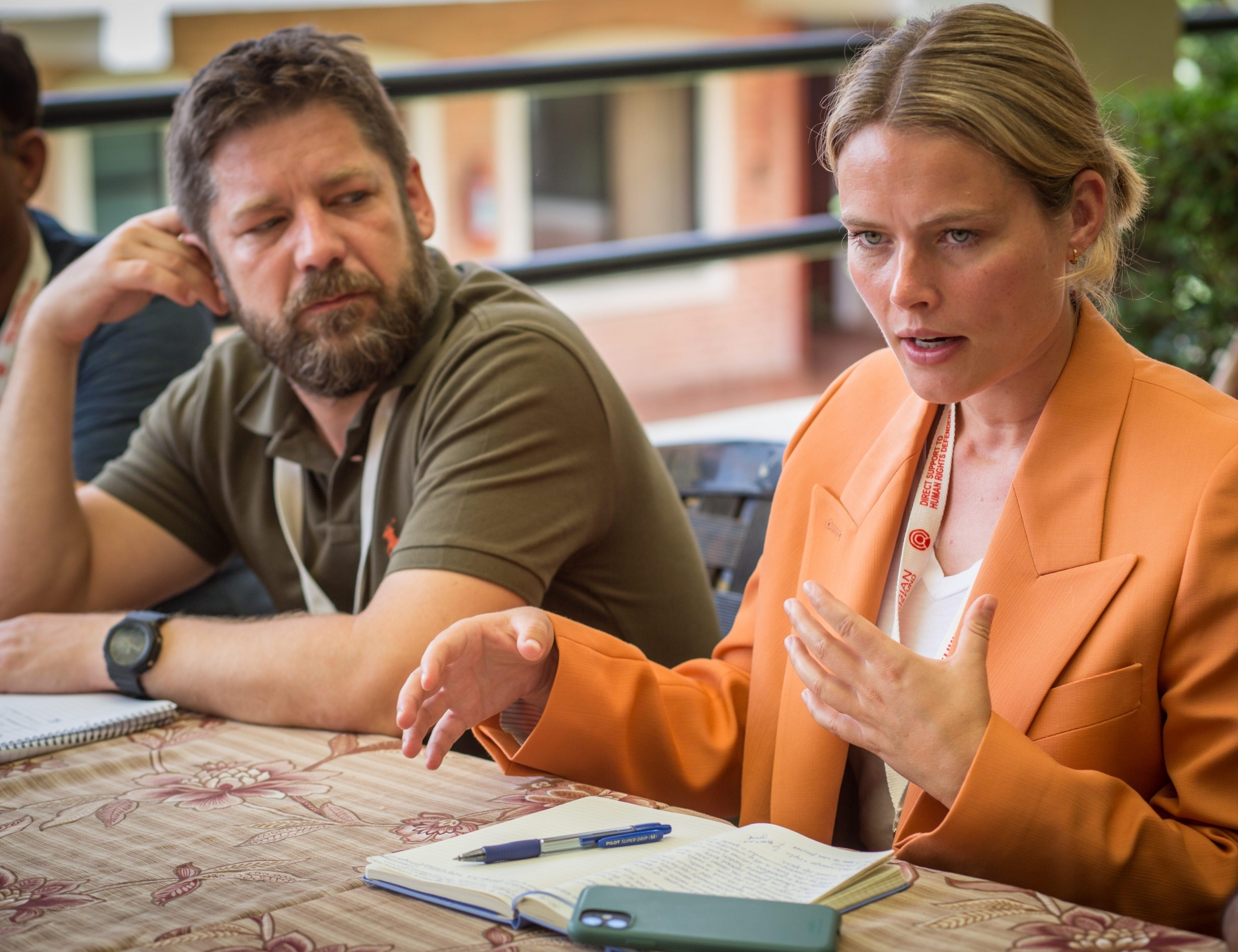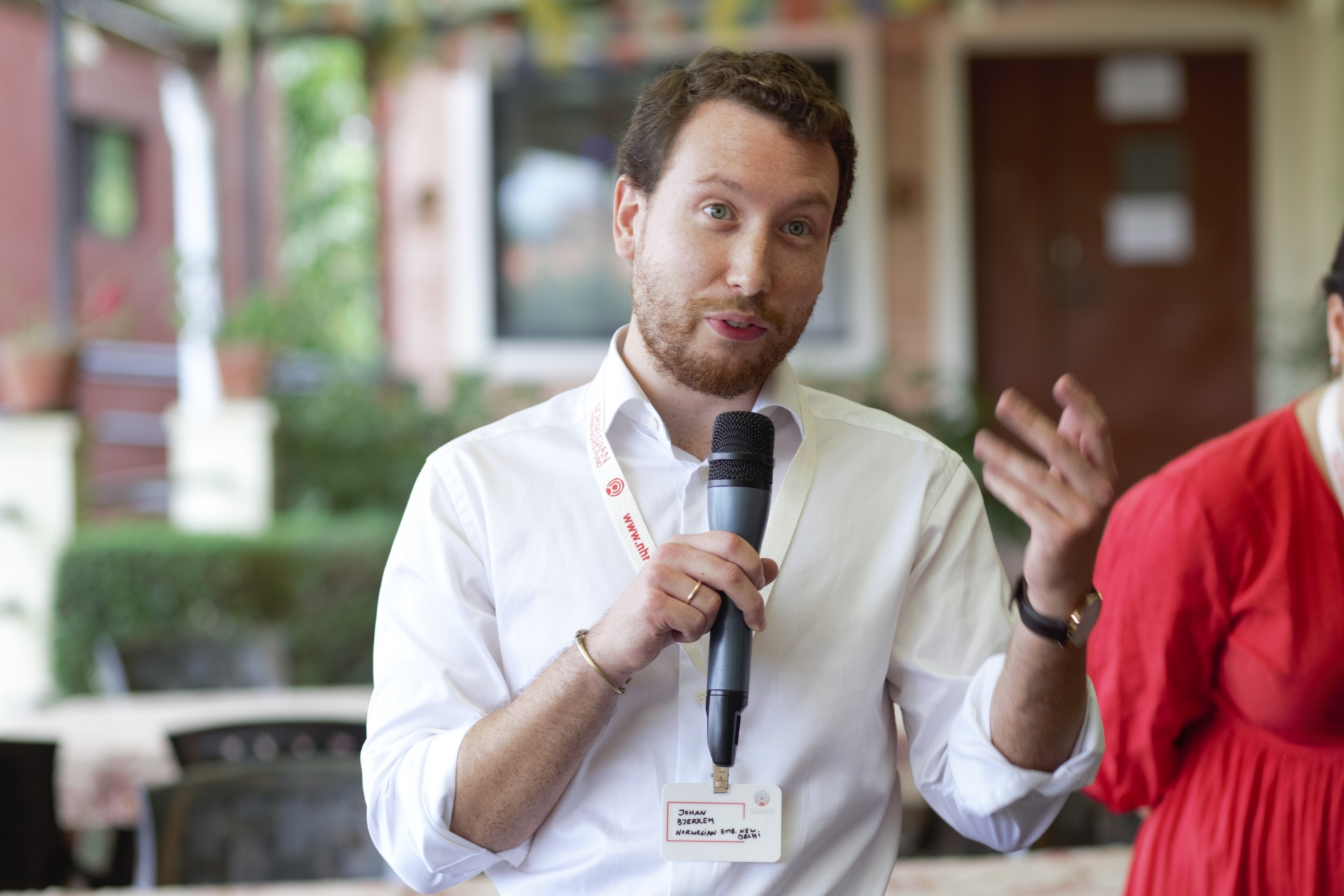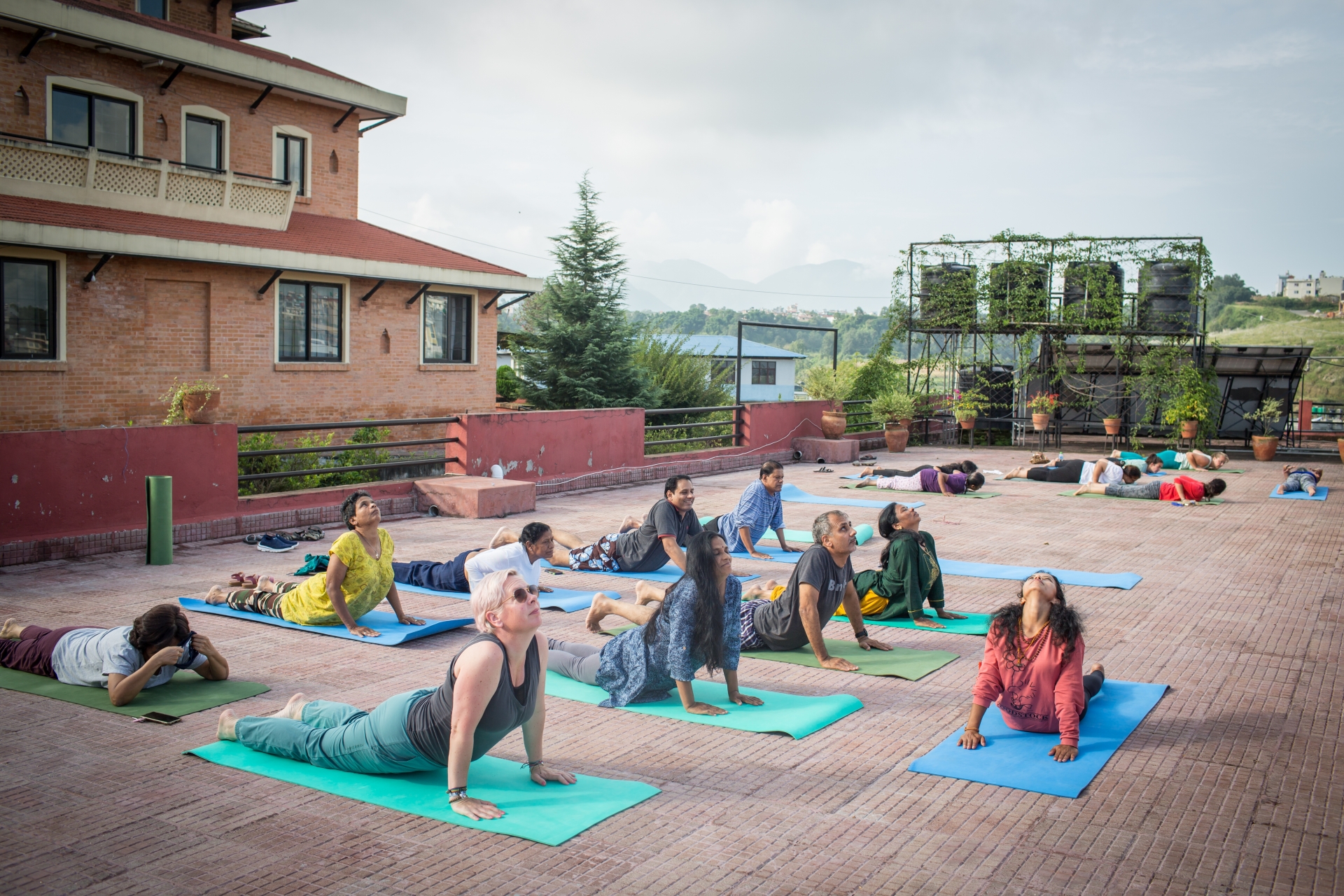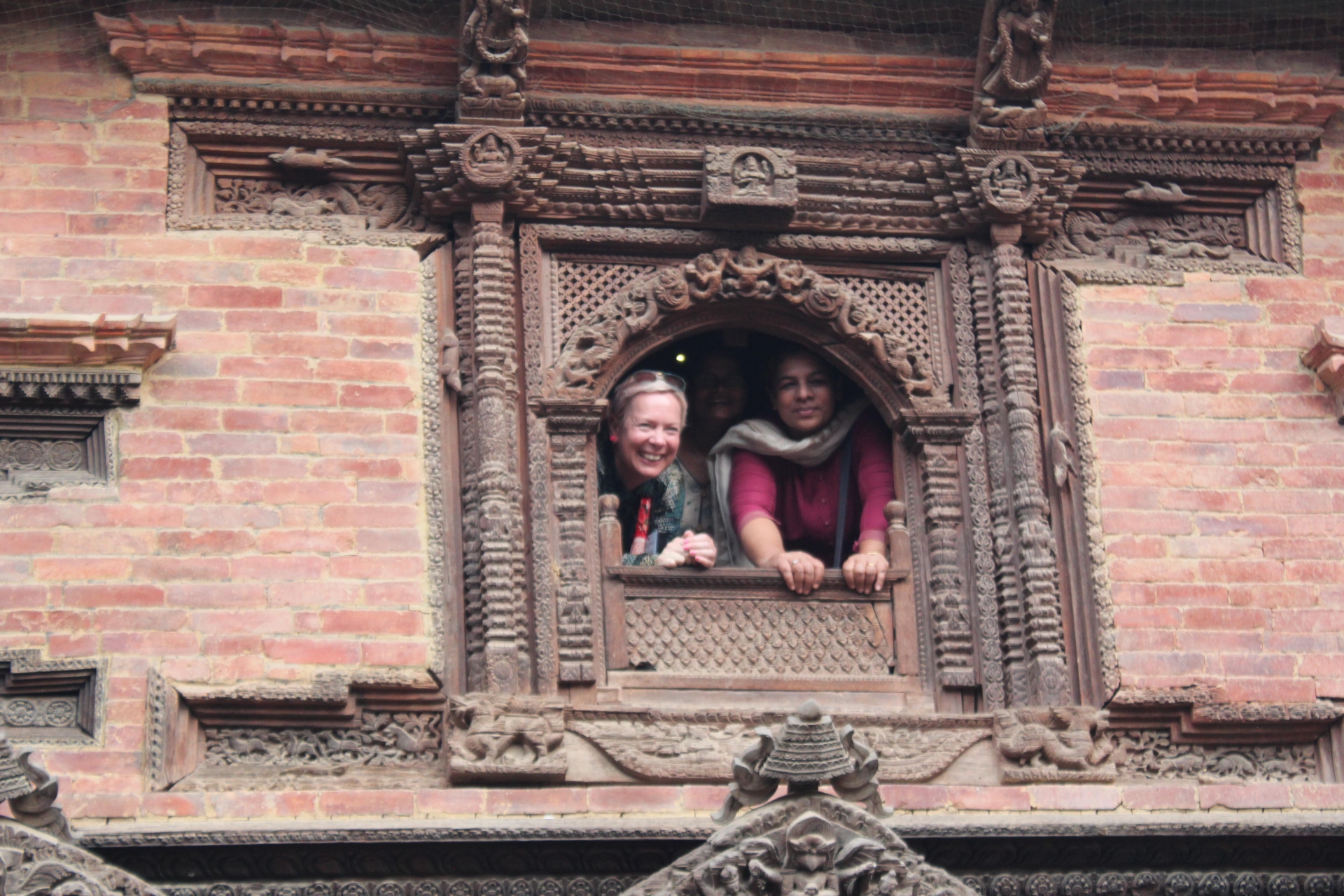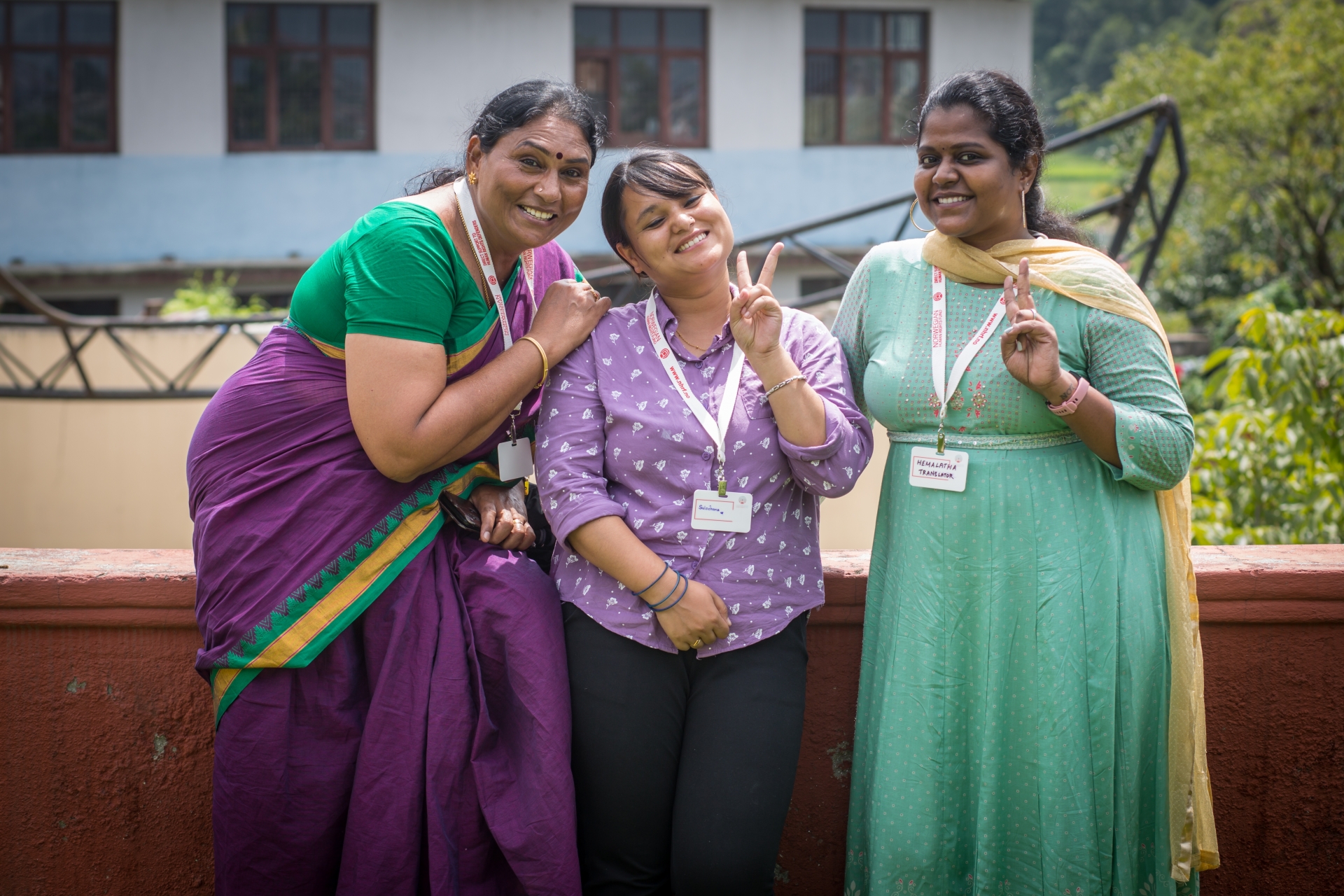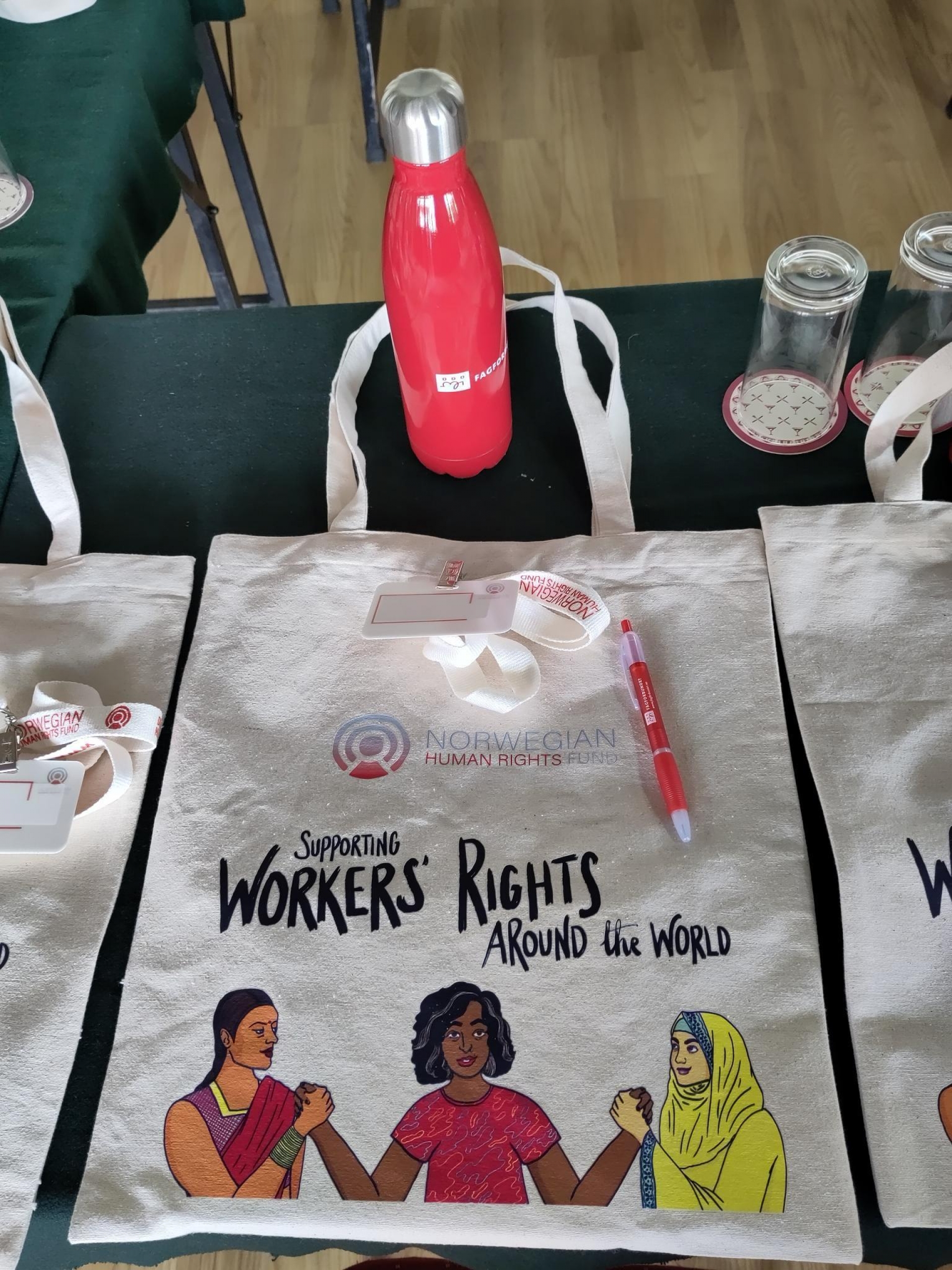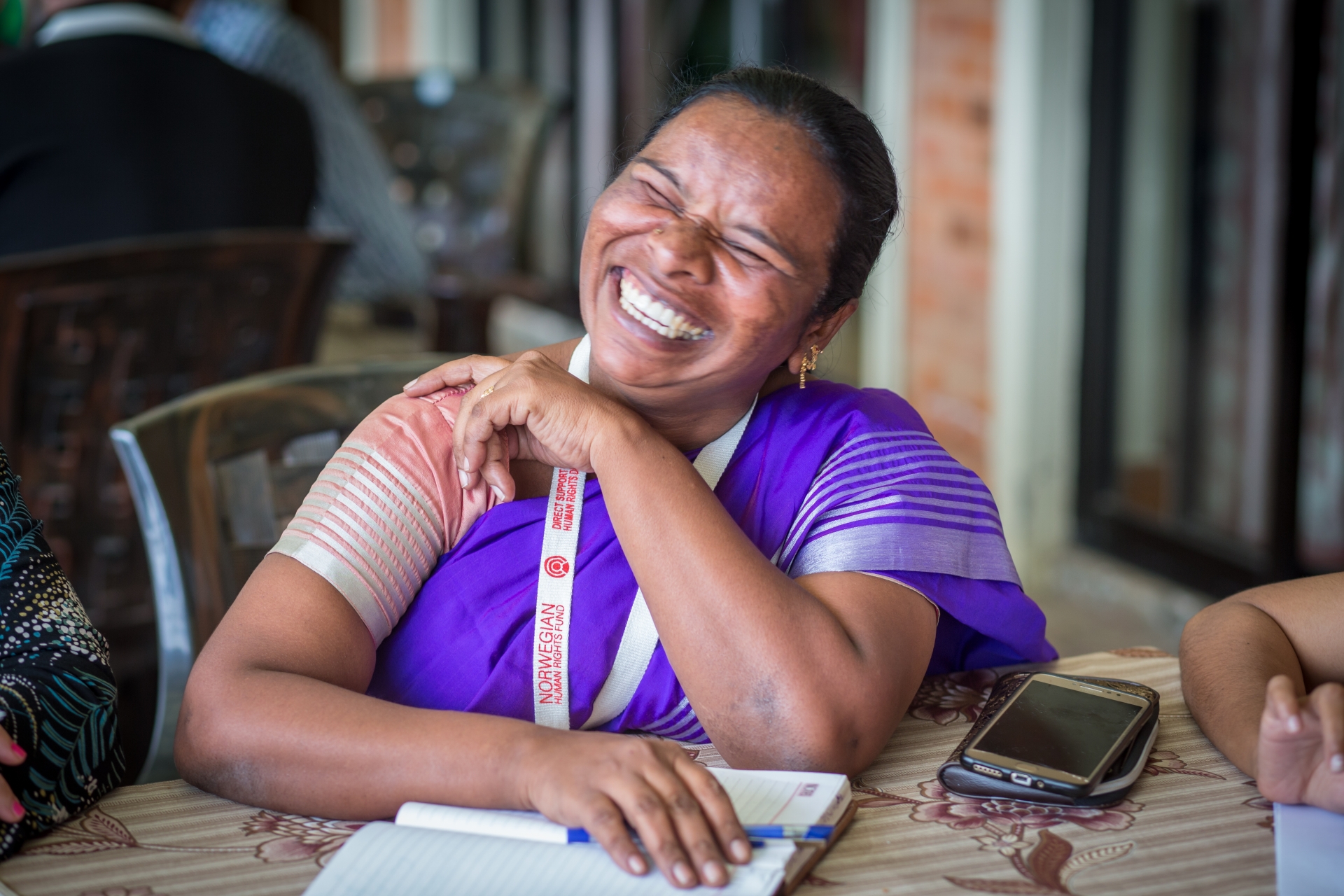NHRF’s first Woman at Work conference
The NHRF hosted a 3-day conference from 30 August to 1 September in Kathmandu, Nepal. The conference brought together a diverse group of actors from India, Pakistan, Sri Lanka, Nepal, and Bangladesh, from international organizations, and Norwegian trade unions to share, brainstorm, problematize, and ideate together on how we can strengthen our work, advocacy, and connections. It was a wonderful opportunity for lively, respectful, and learning-driven engagement between strong, committed actors in the field who work at various levels but who are united through this thematic area and the shared goal of ending discrimination and violence against women and LGBTIQ persons in the workplace and society.

